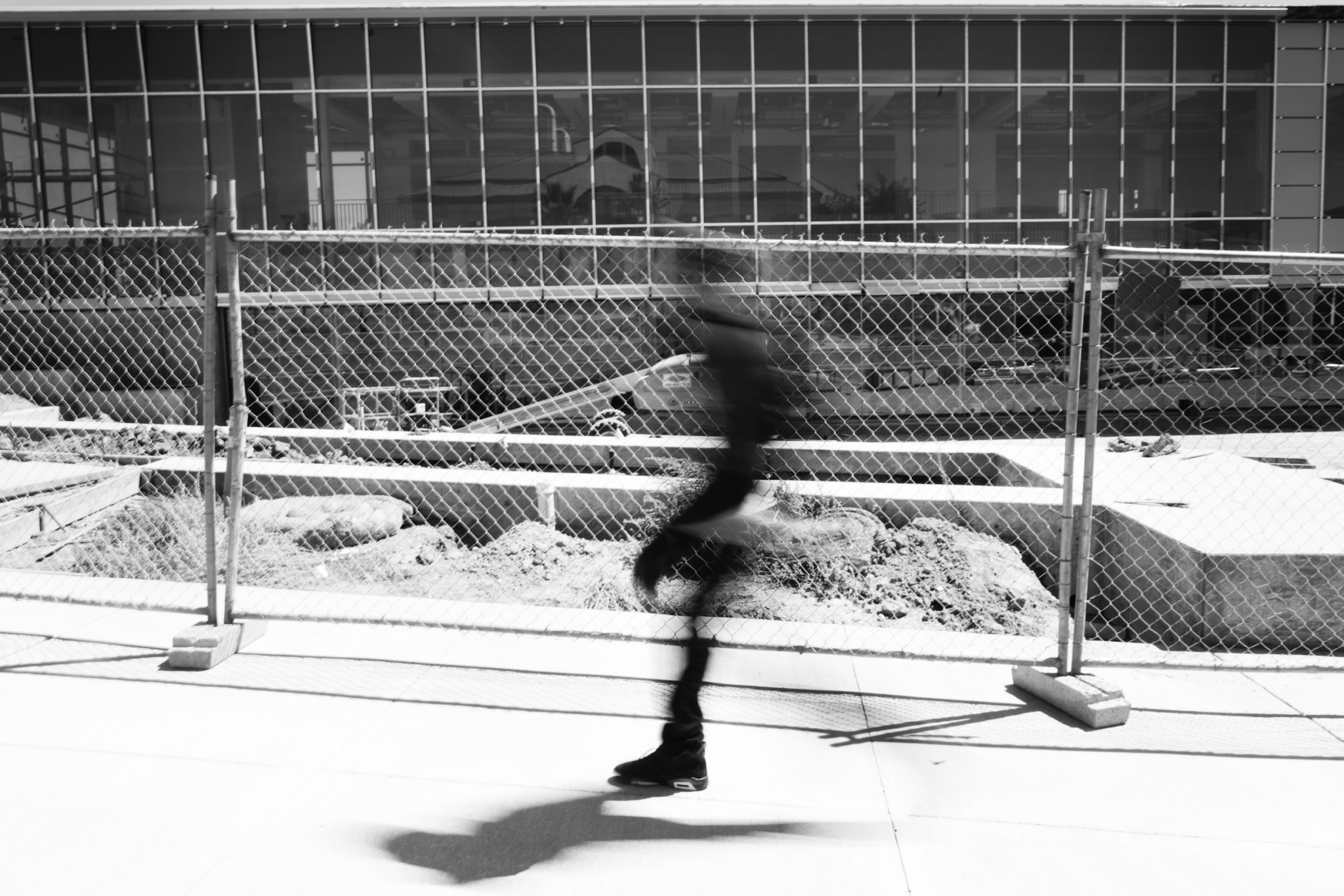After nearly five years of lengthy discussions and debates, the Bay Area Rapid Transit (BART) Board of Directors has unanimously approved the use of license plate readers in their parking lots.
The BART Board approved the policy on Thursday, April 25 to install cameras that can capture images of vehicle license plates at the transit system’s parking garages and lots. BART aborted their previous attempt to do so in 2016, but this time the vote was unanimous. According to NBC Bay Area, BART Director John McPartland said, “This has been a long time coming. In fact it’s been too long. It’s long overdue.”
The policy states that cameras will operate 24 hours a day and will be used “for BART criminal investigations and to monitor activity to protect against harm to persons and property.” BART wants to limit car break-ins and vehicle thefts. “The security of our patrons and riders is our top priority,” said BART Director Debora Allen.
BART statistics show that the items lost in car theft or car break-ins in parking lots amounted to an estimate of $7 million in losses to BART riders in 2017 and 2018. The Board hopes that using the license plate readers will help bring that total down.
With these new license plate readers, students and other commuters who use BART to travel will be able to learn comfortably knowing they do not have to worry about their cars getting broke into while they are at school. If they do get broken into, there is a good chance of recovering the items.
According to Bolaffi, license plate readers have been shown to lead to the recovery of half of all vehicles stolen from areas that have used the technology.
“The technology will also serve as a crime deterrent,” said Bolaffi. “It will put criminals on notice that if they come into our (parking) lot, their vehicles will be identified.”
Skeptics call it “mass surveillance” and point out that the cameras can lead to intrusions into law-abiding riders’ privacy and civil rights abuse.
There are concerns from the public after a high profile incident occurred last year when BART was accused of sharing information with federal immigration agents. More than 57,000 photos of license plates were taken from surveillance cameras inside MacArthur station in Oakland. BART admitted that some of that information was sent to a law enforcement database called the Northern California Regional Intelligence Center unintentionally. They said it was not shared with ICE, though.
J.P. Massar, a member of an advocacy group called Oakland Privacy said, “You should be thinking not about whether or how this will work, but whether you want to do this at all.” Another member, Mike Katz-Lacabe was very pleased with the Board for engaging in a public process when drafting the new policy and for caring about privacy concerns. The initial attempt in 2016 failed to do so.
People are wondering how these new license plate readers will effect immigrants in the Bay Area. The new policy specifically states that information collected by the cameras won’t be shared with U.S. Immigration and Customs Enforcement “or any agency conducting immigration enforcement or removal operations,” but people are worried BART will not have the power to prevent immigration agencies from accessing data.
The new policy prevents the license plate information from being stored for longer than 30 days- barring a subpoena, court order or ongoing investigation.
It will still take several months for new cameras to be cropped up. There is a pilot program going on right now that located in the MacArthur parking lot in Oakland. If the results are promising, they will apply more pilot programs at other stations around the Bay Area.
They will then propose to the BART Board of Directors to buy what the data shows to be the necessary amount of cameras with updated technology at a future board meeting. BART officials estimate that each fixed-location camera will cost $15,000 to $22,000 to install.


